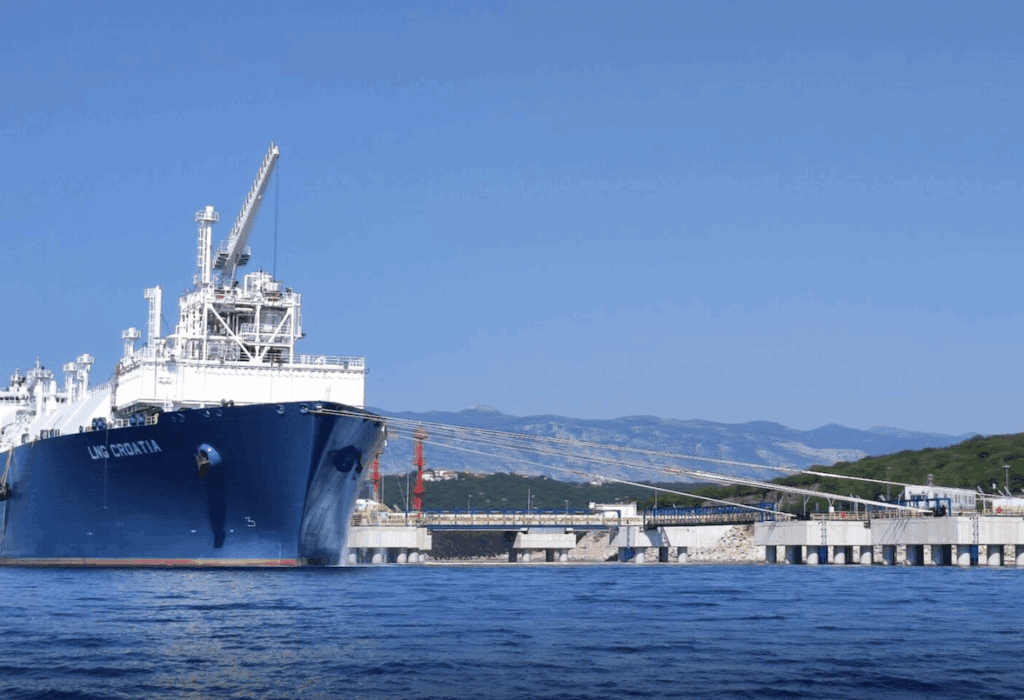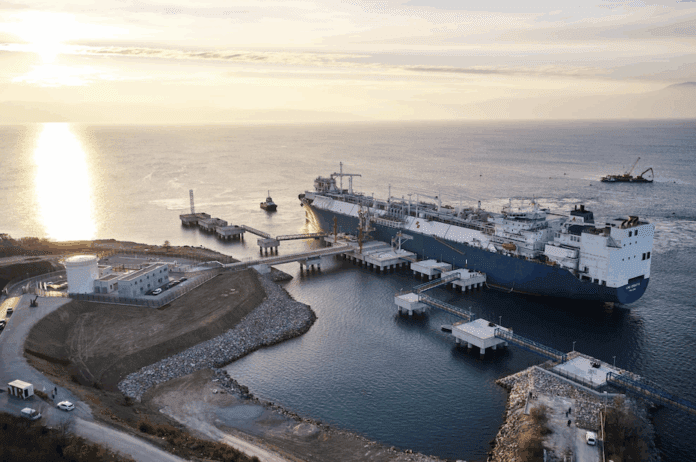Marko Barišić: The European Union’s impending ban on Russian gas imports by 2027 positions Croatia as a pivotal energy player. With its upgraded LNG terminal in Krk, Croatia strengthens EU energy security. Additionally, it bolsters regional supply routes and capitalises on strategic partnerships.
Europe takes a firm stance against Russia
The European Union may initially seem bureaucratic and sluggish. However, once member states reach consensus through consultation, action follows with surprising efficiency. This momentum rapidly transforms into formal positions and decisions, particularly regarding matters like gas trade and import regulations.
This is precisely what is happening regarding Russia. Even when former US President Donald Trump attempted to lift sanctions on the country and reward its occupation of Ukrainian territories, Europe made it clear that it did not agree with this approach.
Now, even as Trump appears to have partially shifted his policy, the European Union has not budged. It remains firm in its stance towards Moscow. Final discussions are underway to completely ban Russian gas imports into Europe. The deadline is set for the end of 2027.
Immediate impact on existing contracts
According to Bloomberg, this means that in June, not only will all new gas import contracts with Russia be prohibited, but long-term agreements will also be banned. These agreements are typically difficult to terminate due to buyers’ obligations to pay for gas even when not receiving it.
The decision will start taking effect by the end of 2025. It signals that the continent no longer considers Russia a long-term partner in energy supplies, including gas imports. This measure indicates how Europe will engage with Putin’s Kremlin regime in the future.
Securing alternative supply routes
However, a complete halt to Russian gas imports would not be feasible had Europe not secured alternative routes. These routes were established since the start of Russia’s aggression against Ukraine.
Numerous countries, starting with Germany – which once relied entirely on Russian gas – have built liquefied natural gas (LNG) terminals. These facilities enable imports via tankers, akin to oil shipments.
Croatia’s strategic role in Europe’s energy supply
In this context, Croatia’s LNG terminal in Omišalj on the island of Krk plays a vital role in supplying part of Europe. Its capacity has nearly doubled, from 3.1 to 6.1 billion cubic meters, with the construction of new gas pipelines. Furthermore, the expanded terminal is expected to become operational in October this year.
An auction to lease capacity in this pipeline for the next 15 years will also take place by the end of May. The pipeline will stretch through Croatia to Slovenia, Austria, and Bavaria. Therefore, a strong response is anticipated from energy companies and governments eager to secure gas imports.
Gas from Omišalj will continue flowing to Hungary. This is because a gas connection via Slavonia was completed much earlier. Croatia is thus poised to become an energy hub, a critical transit point for supplying this part of Europe with crucial imports.

Strengthening Croatia’s international position
Beyond revenue, this pipeline enhances Croatia’s standing in international relations. Croatian Prime Minister Andrej Plenković experienced this firsthand during a recent meeting in Warsaw with US Energy Secretary Chris Wright at the Three Seas Initiative summit.
Plenković noted that 65% of the gas imported via Croatia’s LNG terminal is sourced from the US, with the remainder coming from Qatar or Africa. This was no surprise to Wright, as the US had strongly advocated for Croatia to build the terminal. It ensured warm homes during Europe’s fears of energy shortages and will now generate significant income.

